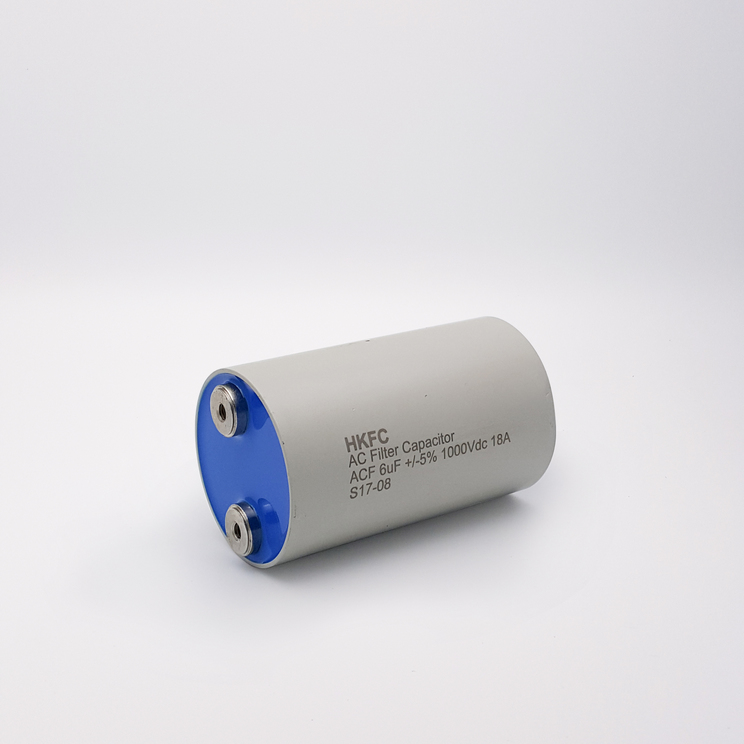Power capacitors are an essential component that plays a crucial role in the smooth functioning of electrical systems. They are designed to store and release electrical energy when required, thereby improving power quality, increasing energy efficiency, reducing power losses, and decreasing energy costs.

The primary function of a power capacitor is to improve the power factor of an electrical system. The power factor is the ratio of real power to apparent power and is measured in kilowatts. An electrical system with a low power factor uses more apparent power (kVA) to do the same amount of real work (kW). As a result, the system has higher energy consumption and increased cost. A power capacitor corrects this imbalance by supplying reactive power, thereby improving the power factor and reducing energy consumption.
Electric power capacitors can be broadly classified into two types: fixed capacitors and automatic capacitors. Fixed capacitors are designed to provide a fixed amount of reactive power and are used in systems with a constant load. Automatic capacitors, on the other hand, are designed to provide a varying amount of reactive power and are used in systems with varying loads.
Power capacitors are used in a wide range of applications, including motor control, power conditioning, power factor correction, and harmonic filtering. They are commonly used in industrial settings, such as manufacturing plants, data centers, and commercial buildings.
One of the significant advantages of using power capacitors is that they lead to cost savings in the long run. By improving the power factor, power capacitors reduce energy consumption, leading to lower energy bills. Power capacitors also extend the lifespan of electrical equipment by reducing the heat generated in circuits, resulting in less wear and tear.
In conclusion, power capacitors are an essential component in the world of electrical systems. They improve power quality, increase energy efficiency, reduce power losses, and decrease energy costs. By choosing the right type of power capacitor for your specific needs, you can take advantage of these benefits, leading to cost savings and improved performance over the long run. So, if you're looking to improve your electrical system's efficiency and save on energy costs, then investing in electric power capacitors is definitely worth considering!